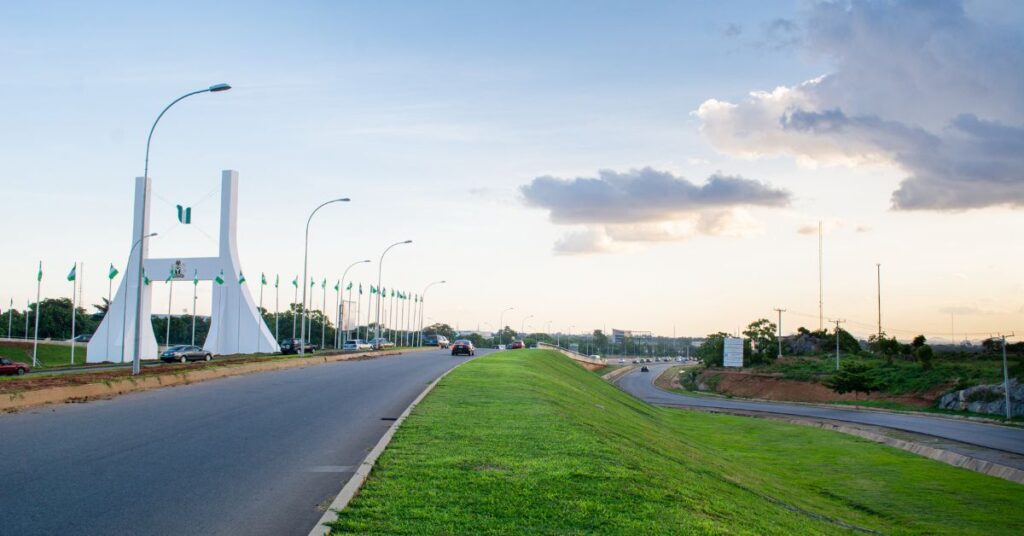Other than being known as the headquarters of the Nigerian government, Abuja is a vibrant metropolis known for its modern architecture, lush greenery, and cultural diversity. As a relatively young city compared to Nigeria’s historical centers, Abuja offers a unique blend of modern attractions and natural beauty. Whether you’re a history enthusiast, nature lover, or simply seeking a taste of Nigerian urban life, Abuja has something to offer. Here are the top five places to visit:
Aso Rock
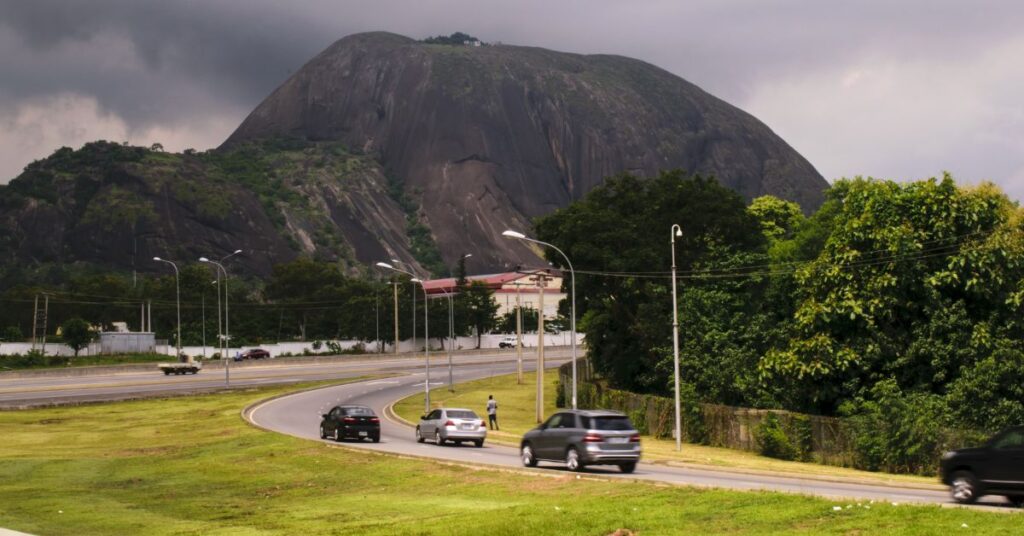
Aso Rock is not just a geographic landmark but also a significant symbol of Nigeria’s political power. Rising 400 meters above sea level, this monolithic structure dominates the skyline of Abuja. While the rock itself is not accessible to the public due to security reasons, visitors can enjoy panoramic views of the city from the surrounding areas. The Aso Rock Presidential Villa, Nigeria’s seat of power, adds to the allure of this natural wonder.
National Mosque and National Church of Nigeria
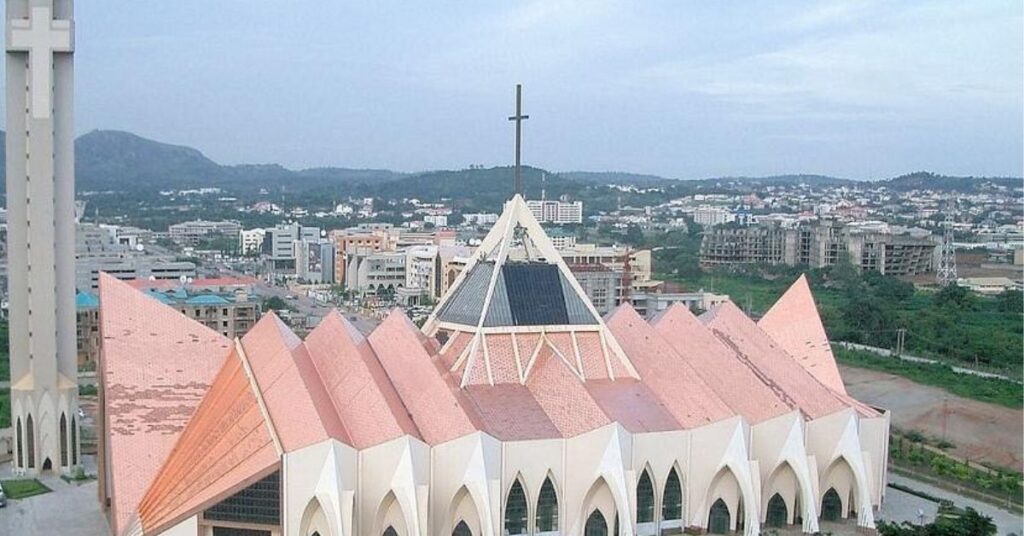
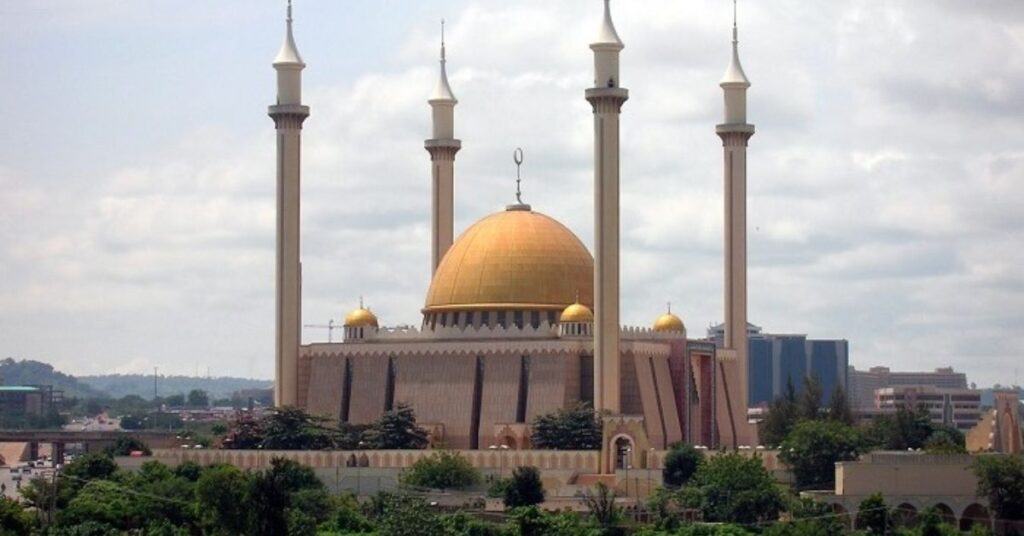
Abuja’s structura landscape includes both the National Mosque and the National Church of Nigeria, representing the country’s religious diversity. The National Mosque, also known as the Abuja Central Mosque, is an impressive edifice built in a blend of Nigerian and Arabic architectural styles. Adjacent to it is the National Church of Nigeria, a modern structure designed to accommodate thousands of worshippers. Both landmarks are open to visitors and offer insights into Nigeria’s religious fabric.
Zuma Rock
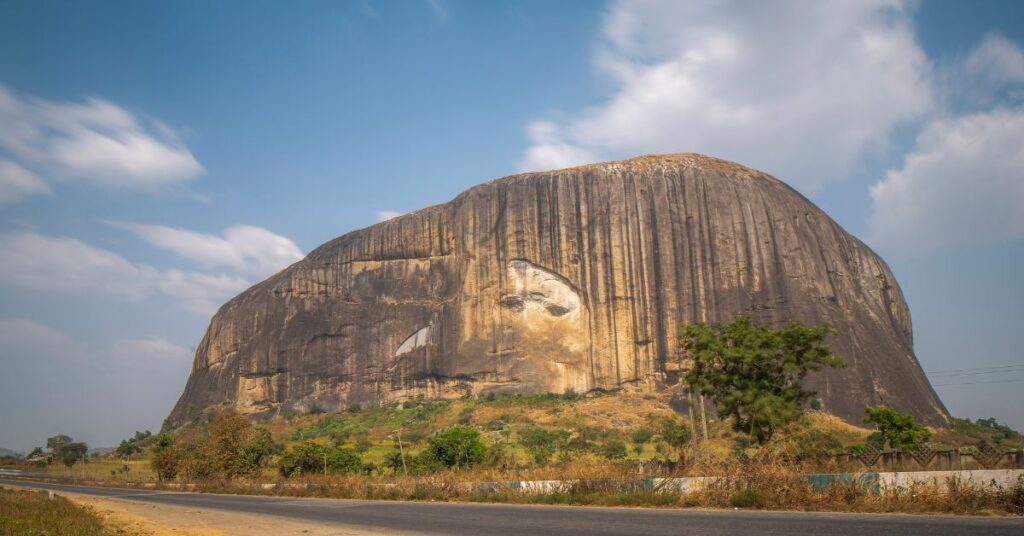
Located just outside Abuja, Zuma Rock is another iconic geological feature that demands a visit. Often referred to as the “Gateway to Abuja,” Zuma Rock is a massive monument with a human face-like appearance, steeped in local myths and legends. The rock is visible from the Abuja-Kaduna highway and provides an excellent opportunity for photography and exploration. Nearby attractions include the Zuma Rock Resort which offers recreational activities and a closer view of the rock.
Millennium Park
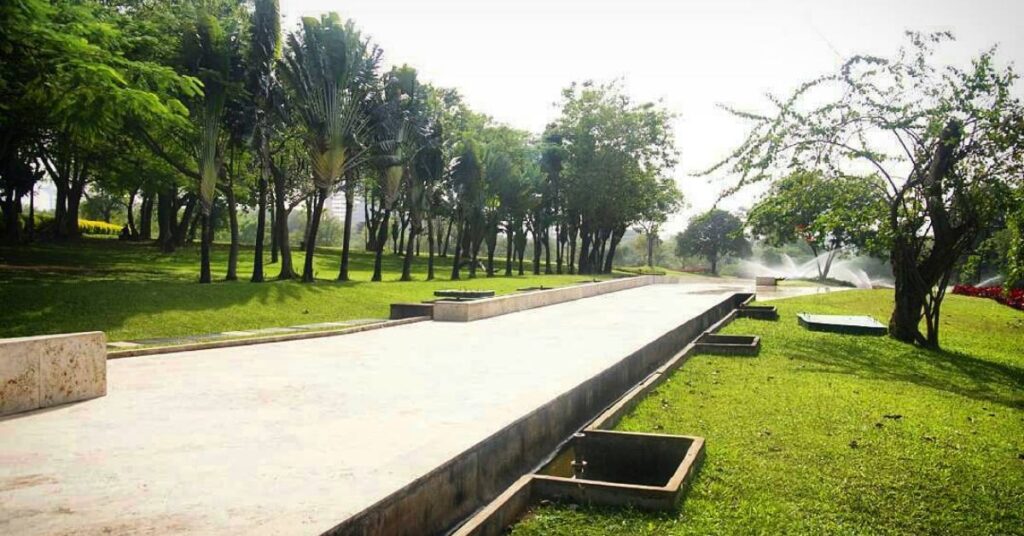
For those seeking a peaceful retreat amidst nature, Millennium Park is the place to be. As one of the largest parks in Abuja, it spans over 32 hectares and features well-manicured lawns, gardens, and various species of flora. The park is divided into the Millennium Park and the smaller but equally serene Unity Fountain Park. Visitors can enjoy leisurely walks, picnics, and even spot diverse bird species in this urban oasis.
Arts and Crafts Village
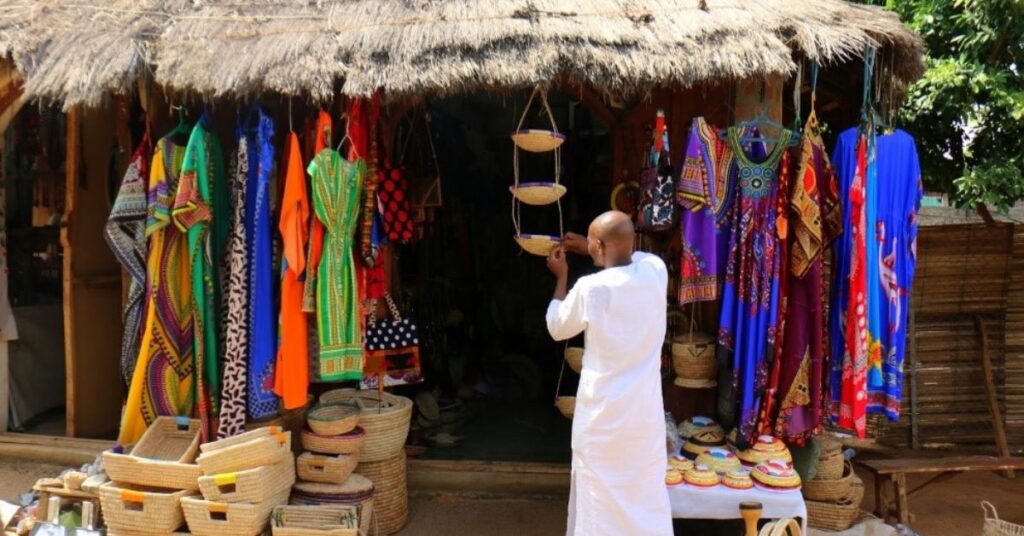
If you want to experience Nigerian culture and artistry firsthand, a visit to the Arts and Crafts Village is important. Located in the heart of Abuja, this bustling marketplace showcases traditional handicrafts, artworks, textiles, and jewelry from across Nigeria’s diverse ethnic groups. Visitors can watch artisans at work, purchase souvenirs, and immerse themselves in the vibrant colors and creativity that define Nigerian craftsmanship.
Conclusion
Abuja, with its blend of natural beauty, cultural richness, and modern infrastructure, offers a captivating experience for visitors. Whether your interests are in geological marvels like Aso Rock and Zuma Rock, investigating religious diversity at the National Mosque and National Church, or just lounging in Millennium Park, Abuja delivers something unique for every visitor. Plan your trip to Nigeria’s capital city to explore these top five sites and more, ensuring a rewarding journey across the “Centre of Unity” of Nigeria.
